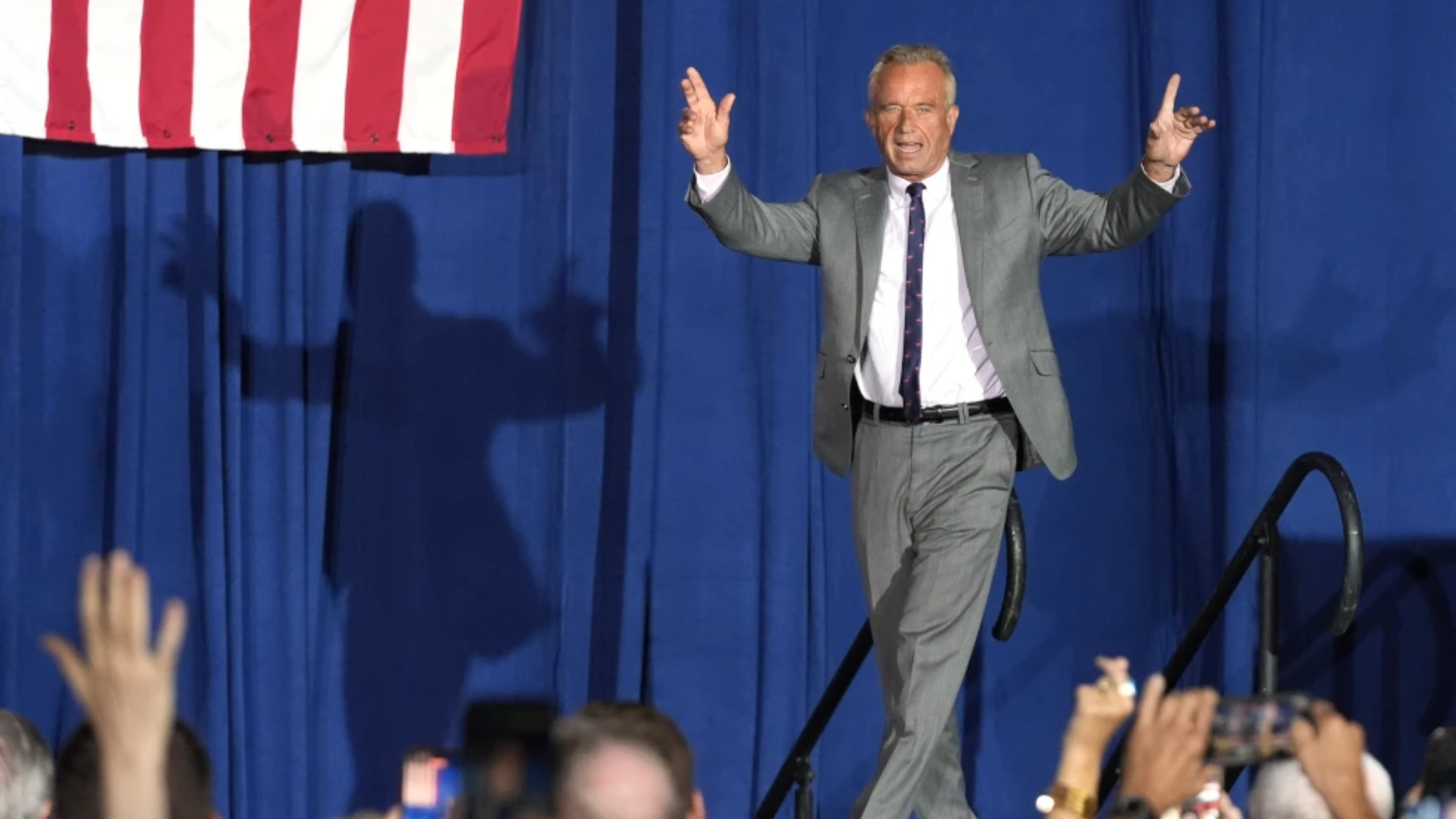RALEIGH, NC — (CNN) Late Wednesday night, North Carolina lawmakers and the governor reached an agreement to repeal the state’s controversial “bathroom bill,” called HB2.
But LGBT groups immediately criticized the deal saying it’s a “repeal” in name only — with one advocate calling it “HB2.0” — and it fails to protect transgender people from discrimination.
The repeal goes to a vote at 9:15 a.m. Thursday at the state’s Senate Rules Committee, and must survive two additional votes on the Senate floor, then goes to the House.
The HB2 law has caused considerable backlash since its passage last year. The law not only forbids transgender people from using restrooms they identify with in government facilities; it also prevents local governments from passing non-discrimination ordinances like the one in Charlotte that inspired it.
After much turmoil, Republican lawmakers and the Democratic governor struck an agreement that repeals HB2, but it also retains a critical component of it.
The deal leaves regulation of bathrooms solely in control of the state, meaning that cities and local governments can’t pass their own anti-discrimination laws until December 2020.
“l support the House Bill 2 repeal compromise that will be introduced tomorrow,” said North Carolina’s Governor Roy Cooper. “It’s not a perfect deal, but it repeals House Bill 2 and begins to repair our reputation.”
Here’s what the agreement includes, according to GOP lawmakers:
- A repeal of HB2
- Regulation of multi-occupancy facilities falls under state’s control
- Local governments can’t pass their own ordinances dealing with employment practices and bathroom regulations (alluding to anti-discrimination ordinances)
- Compromise requires give and take from all sides, and we are pleased this proposal fully protects bathroom safety and privacy,” said the state’s Senate Leader Phil Berger and House Speaker Tim Moore in a statement.
Chris Sgro, executive director of Equality NC, called the agreement a “shell piece of a legislation,” in which the LGBTQ groups had not been consulted.
“The initiative is not a repeal,” he said. “It’s doubling down on the discrimination that HB2 exacts — it’s HB2.0. It doesn’t allow municipalities to protect people from discrimination till 2020.”
“It doesn’t do anything to better the lives of LGBT North Carolinians.”
HB2’s impact on North Carolina
The passage of HB2 last year triggered a massive outcry and prompted businesses, entertainers and sports leagues to boycott the state. The law is estimated to have cost the state millions through the loss of jobs, businesses and consumer spending.
The 2017 NBA All-Star Game, which was held in February, was moved out of Charlotte to New Orleans. The NCAA relocated several college athletic championship events for the 2016-17 season over the law and implied four more years of tournaments are at stake if HB2 stands.
The NCAA stated last week that it had moved the championships out of North Carolina “because of the cumulative impact HB2 had on local communities’ ability to assure a safe, healthy, discrimination free atmosphere for all those watching and participating in our events.”
“Absent any change in the law, our position remains the same regarding hosting current or future events in the state.”
This week, an NCAA sports committee is to start deciding where the 2018-2022 championships will be held. This added deadline may have put more pressure on North Carolina’s politicians to hammer out a last-minute deal on HB2.
Backlash to the new agreement
But groups immediately slammed the new compromise, and began urging North Carolina lawmakers not to support the measure.
The Human Rights Campaign tweeted: “Any NC lawmaker who supports this bad #HB2 “deal” is no ally of LGBTQ people & will have planted themselves on the wrong side of history.”
Mara Keisling, the executive director of the National Center for Transgender Equality expressed disappointment that instead of fully repealing HB2, the deal “enshrined other parts for the foreseeable future.”
“NC will become one of only a few states where protecting people’s rights is illegal,” Keisling posted.
Why NCAA left North Carolina
It remains to be seen how the NCAA will view North Carolina’s attempt at repealing HB2.
When the NCAA announced in September it was moving championship events out of North Carolina, it listed the following factors:
North Carolina laws invalidate any local law that treats sexual orientation as a protected class or has a purpose to prevent discrimination against lesbian, gay, bisexual or transgender individuals.
North Carolina has the only statewide law that makes it unlawful to use a restroom different from the gender on one’s birth certificate, regardless of gender identity.
North Carolina law provides legal protections for government officials to refuse services to the LGBT community.
Five states plus numerous cities prohibit travel to North Carolina for public employees and representatives of public institutions, which could include student-athletes and campus athletics staff. These states are New York, Minnesota, Washington, Vermont and Connecticut.
The-CNN-Wire ™ & © 2017 Cable News Network, Inc., a Time Warner Company. All rights reserved. (PHOTO: CC0 Public Domain via Pixabay)






















